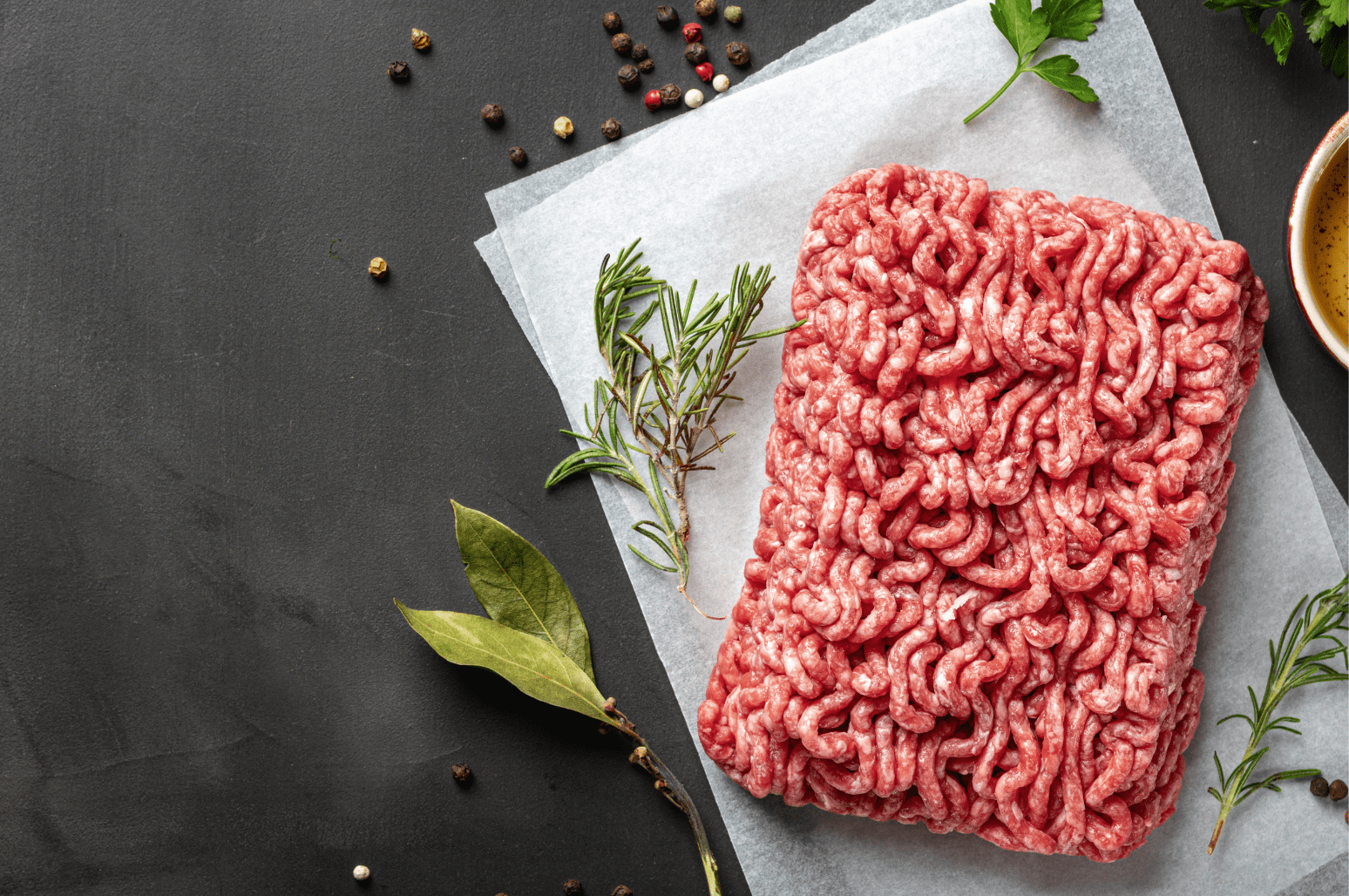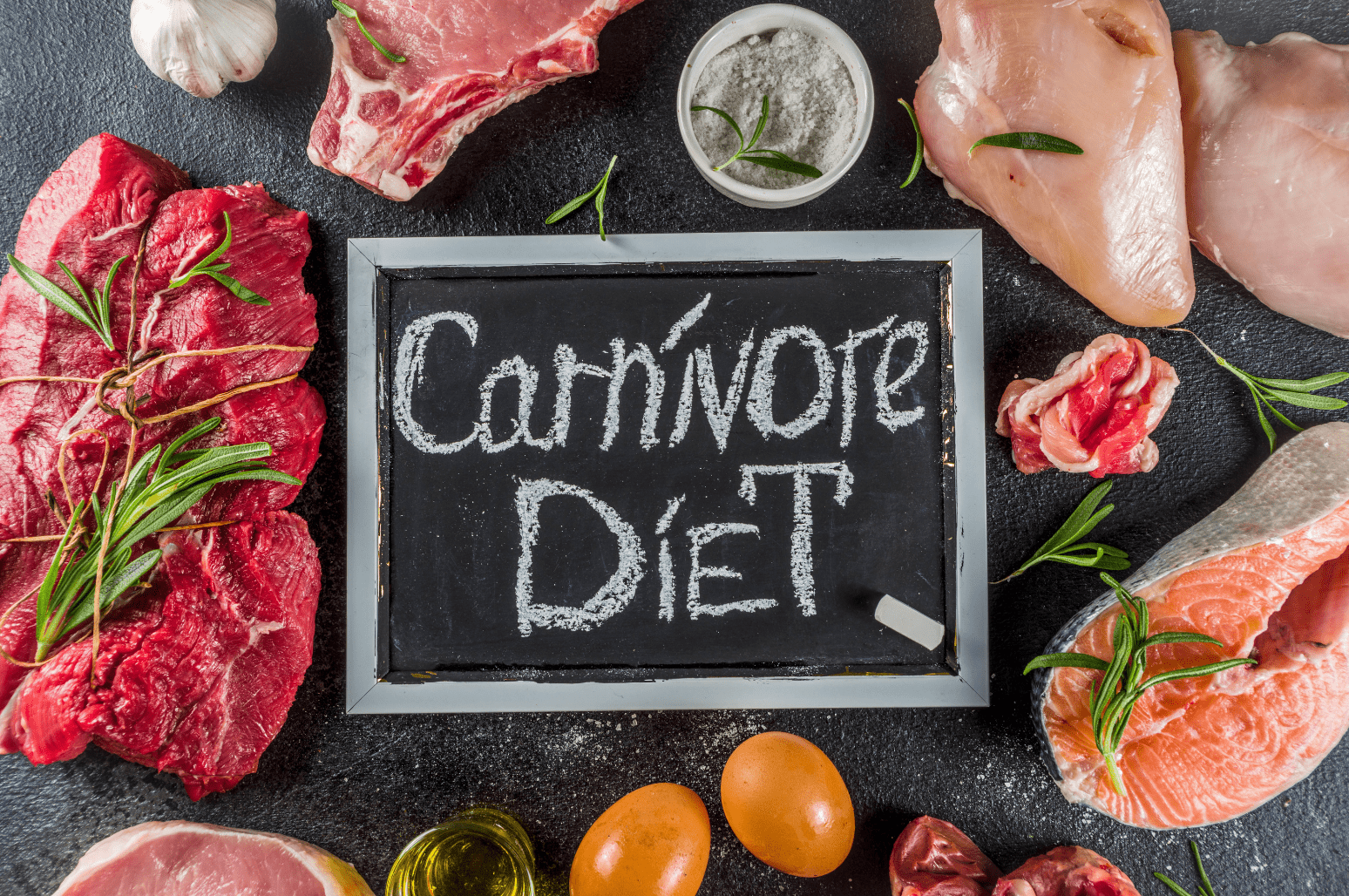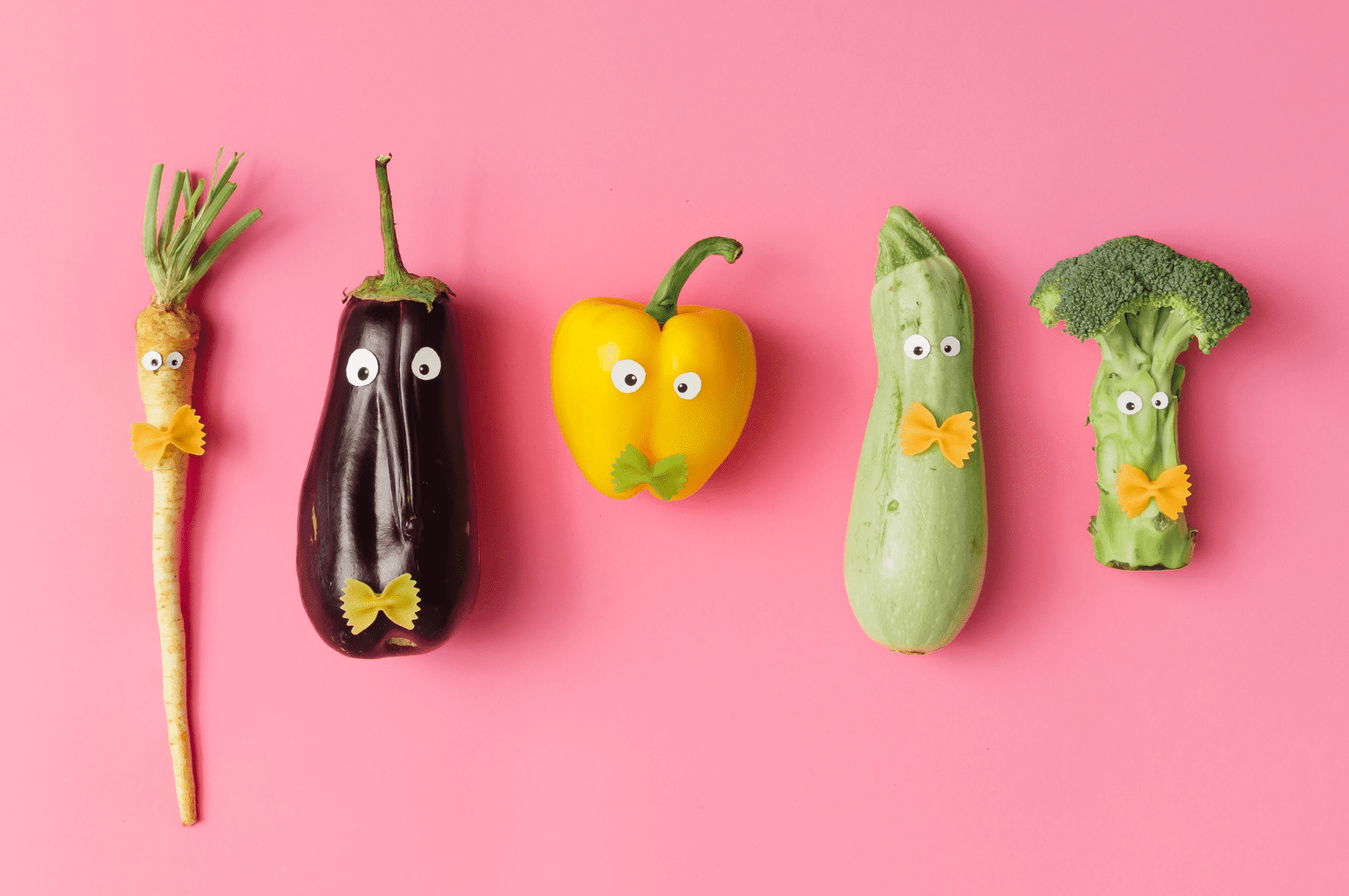Are Vegetables Necessary in the Human Diet?

The idea that vegetables are a good source of nutrition isn’t a foreign idea. It’s why parents work hard to get kids to eat their veggies and why vegetables play a starring role in most “healthy” dishes.
But in light of the growing popularity of the carnivore diet – and the history of traditional cultures that skip the produce – there is a new question spreading like wildfire: are vegetables necessary in the human diet?
Do You Need Vegetables?
Humans are omnivores, which means we can physically eat and digest both meat and plants. [1] Just because we can eat plants, does that mean they are necessary? Well, in short, while eating vegetables may not be 100% necessary, they can provide numerous health benefits.
Although plenty of groups of people (specifically, the Inuit tribes in Alaska and Canada and the Sami tribes from Scandinavia) thrive on carnivore-style diets, it doesn’t negate the research that vegetables can be good for the body.
The Inuit and Sami people are often used as examples to show that vegetables aren’t necessary, but the reality is that these tribes did eat vegetation. Yes, the bulk of their diet includes animal products like reindeer milk and caribou meat, but these tribes ate vegetation when they could. The Inuit consumed sea plants and berries, and the Sami consume berries and mushrooms seasonally. These sources of vegetation helped to supply micronutrients.
Studies show that individuals with diets high in plant matter (aka vegetables) have:
- Decreased cases of cardiovascular disease
- Less risk of developing cancer [2]
Not only do you need vegetables, but they pack a (nutritional) punch.

Benefit 1: Vegetables Promote Gut Health
When you think gut health, you might think “kefir”, but veggies also do wonders for the gut. That’s because vegetables contain a type of fiber called fermentable fiber. The 100 trillion “good” microorganisms that live in your gut use fermentable fiber for energy, and you want those good bacteria as healthy as can be.
Your gut health plays a big role in how well you digest food, how your immune system functions, and even how well your brain functions. [3] [4] [5] Because fermentable fiber is so important to your gut, vegetables that contain this fiber are essential for optimal health. You can find fermentable fiber in chicory root, dandelion greens, leeks, onion, and garlic.
Benefit 2: Vegetables Help You Get Your Micros
Perhaps the important benefit of vegetables, they help supply your body with the bulk of the micronutrients you need. Micronutrients include minerals (like potassium and magnesium) and vitamins (like vitamin C). Many of these micronutrients are not available in meat alone, unless consuming organ meats. This is why many carnivores advocate for a nose-to-tail approach. However, many people shy away from organ meats, so if they aren’t consuming vegetables, they are likely not getting their micronutrients in.
Bottom line: Vegetables can be a great way to get your micros. [6]
Benefit 3: Vegetables Help Reduce the Risk of Colon Cancer and Other GI Conditions
While too much processed meat (like deli meat) can increase your risk of colon cancer, vegetables can help reduce that risk. That’s because vegetables contain polyphenolic compounds that help protect your colon. [7]Vegetables also contain insoluble fiber which helps protect against colon cancer.
Digestive tract cancers aren’t the only condition affect by vegetable intake. Studies show that vegetable intake can also IBS symptoms in some individuals. [8]
Benefit 4: Vegetables Improve Heart Health
Regular exercise is a great way to boost cardiovascular health, but it’s not your only option. What you eat also impacts your heart health. Walnuts, chia seeds, and salmon are heart-friendly foods because they are high in omega 3 fatty acids. In addition to healthy fats, vegetables also promote heart health. [9] Plant foods contribute to your heart health because they contain fiber, vitamins, minerals, and phytonutrients. For example, low potassium levels can contribute to heart problems like irregular heart rhythm. Potassium can be found in beet greens (skip the root for keto meals), avocado, and cooked spinach.
Benefit 5: Vegetables Reduce Risk of Developing Cancer
Vegetables also reduce the risk of most types of cancer, not just colon cancer. [10] [11]
To reap this benefit, you need more than an arbitrary serving of vegetables. According to research published in a 2017 study, researchers found that increasing your vegetable intake to 800 grams per day could drastically reduce cancer-related deaths. [12]
This means that a weekly salad won’t cut it.
Eating Your Veggies Keto-Style
It’s hard to ignore the many benefits of vegetables. While root vegetables are not keto-friendly, there are plenty of keto-approved vegetables to help you cash in on these benefits. We’d love to hear: what’s your favorite keto-friendly veggie dish?
References
Armelagos, George J. “Brain Evolution, the Determinates of Food Choice, and the Omnivore’s Dilemma.” Critical Reviews in Food Science and Nutrition, U.S. National Library of Medicine, 2014.
Aune, Dagfinn, et al. “Fruit and Vegetable Intake and the Risk of Cardiovascular Disease, Total Cancer and All-Cause Mortality-a Systematic Review and Dose-Response Meta-Analysis of Prospective Studies.” International Journal of Epidemiology, Oxford University Press, 1 June 2017.
Clarke, Gerard, et al. “Minireview: Gut Microbiota: the Neglected Endocrine Organ.” Molecular Endocrinology (Baltimore, Md.), Endocrine Society, Aug. 2014.
Estrada, José Antonio, and Irazú Contreras. “Nutritional Modulation of Immune and Central Nervous System Homeostasis: The Role of Diet in Development of Neuroinflammation and Neurological Disease.” Nutrients, MDPI, 15 May 2019.
Galland, Leo. “The Gut Microbiome and the Brain.” Journal of Medicinal Food, Mary Ann Liebert, Inc., Dec. 2014.
Appleton, Katherine M, et al. “Increasing Vegetable Intakes: Rationale and Systematic Review of Published Interventions.” European Journal of Nutrition, Springer Berlin Heidelberg, Apr. 2016.
Mileo, Anna Maria, et al. “Polyphenols: Immunomodulatory and Therapeutic Implication in Colorectal Cancer.” Frontiers in Immunology, Frontiers Media S.A., 11 Apr. 2019.
Tomasello, Giovanni, et al. “Nutrition, Oxidative Stress and Intestinal Dysbiosis: Influence of Diet on Gut Microbiota in Inflammatory Bowel Diseases.” Biomedical Papers of the Medical Faculty of the University Palacky, Olomouc, Czechoslovakia, U.S. National Library of Medicine, Dec. 2016.
Alissa, Eman M, and Gordon A Ferns. “Dietary Fruits and Vegetables and Cardiovascular Diseases Risk.” Critical Reviews in Food Science and Nutrition, U.S. National Library of Medicine, 13 June 2017.
Peleteiro, Bárbara, et al. “Worldwide Burden of Gastric Cancer in 2012 That Could Have Been Prevented by Increasing Fruit and Vegetable Intake and Predictions for 2025.” The British Journal of Nutrition, U.S. National Library of Medicine, 14 Mar. 2016.
Bradbury, Kathryn E, et al. “Fruit, Vegetable, and Fiber Intake in Relation to Cancer Risk: Findings from the European Prospective Investigation into Cancer and Nutrition (EPIC).” The American Journal of Clinical Nutrition, U.S. National Library of Medicine, July 2014.
Aune, Dagfinn, et al. “Fruit and Vegetable Intake and the Risk of Cardiovascular Disease, Total Cancer and All-Cause Mortality-a Systematic Review and Dose-Response Meta-Analysis of Prospective Studies.” International Journal of Epidemiology, Oxford University Press, 1 June 2017.








